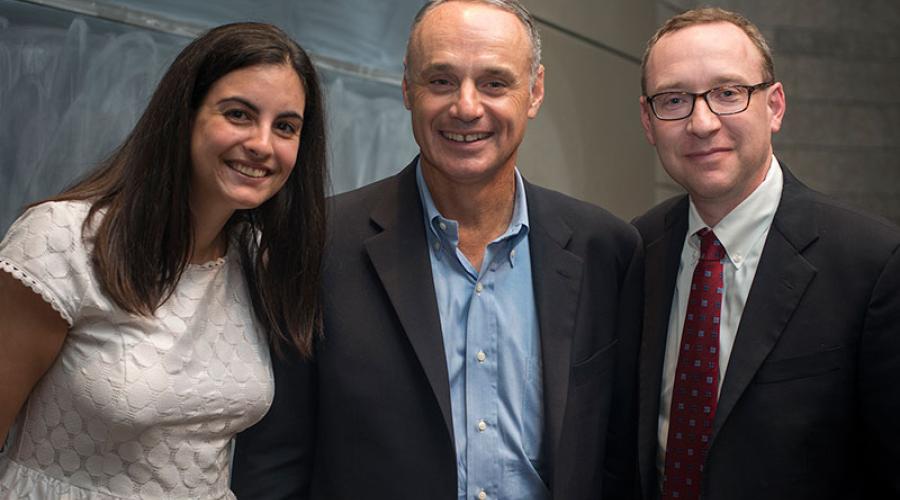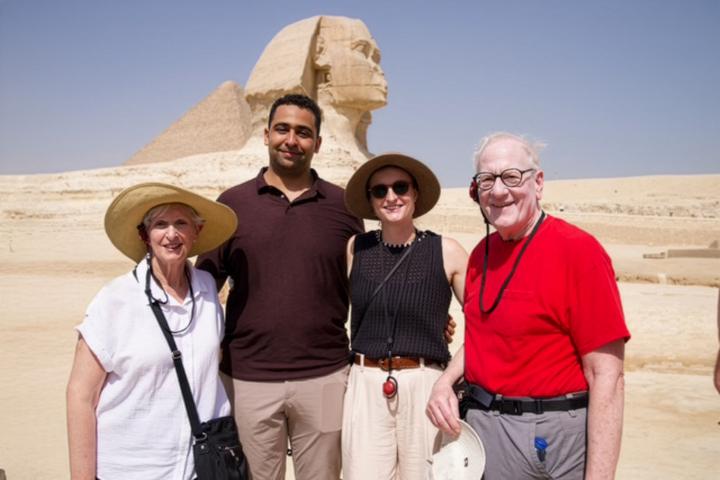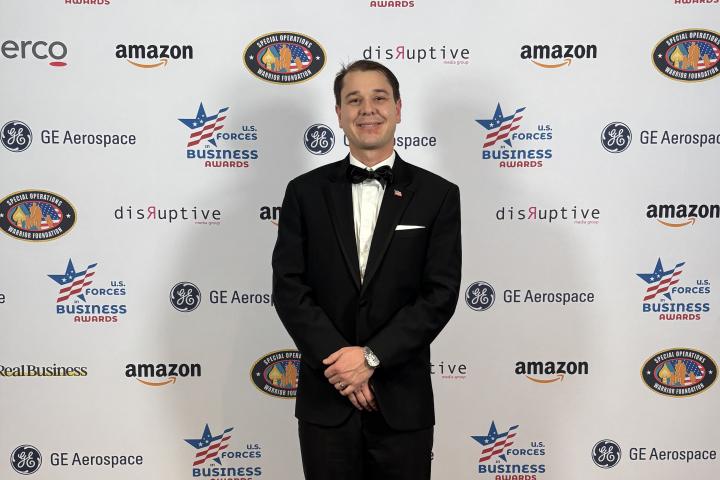
Major League Comes to ILR
Major League Baseball Commissioner Rob Manfred ’80, meeting Tuesday in ILR with students, covered a lot of ground – international talent acquisition, pulling fans – even when their teams lose – into the post-season, the possibility of a new franchise in Canada, Mexico or the Caribbean.
He grew most animated, though, when talking about 9-year-old Duane Dargin, a scholar-athlete in the Washington Nationals Youth Baseball Academy.
They met at the Little League World Series last summer and crossed paths again in February, when Manfred visited the academy.
When the Nationals invited Manfred to throw their season’s opening pitch of the season, the commissioner called on Dargin to make the actual throw.
Thrilled, Dargin was speechless, Manfred said.
At the mound on opening day, Manfred worried about the distance to home plate. The 9-year-old lefty at his side reassured him, “It’s not that far.” Then, the youngster threw right down the middle.
“This,” said Manfred, beaming, “really happened.”
Moments like that help drive home he is professional baseball’s chief executive, said Manfred, who never fathomed he would rise to the top job when he went to work for the MLB in 1998.
Another reality check came hours after he was elected commissioner. He needed to write his signature on five index cards, and later pick one that would appear on all balls used in league games.
Asked about his most memorable ILR experience, Manfred recounted a project in the collective bargaining class taught by Harry Edwards. Manfred and another student represented management, and two women students represented labor.
Getting beyond the fictitious impasse to resolution, Manfred laughed “was like a war.”
The audience, filled with Cornell Sports Business Society members – most of whom have taken ILR’s collective bargaining course, could relate.
They could also relate to many issues Manfred handles as commissioner and asked pointed questions about everything from player retaliation for injurious pitches to youth outreach to MLB efforts in hiring under-represented minorities as managers and coaches, to draft rules and the league’s revenue model.
Seated at the bottom of an Ives Halls amphitheater, the Rome, N.Y., native answered one question after another, noting that MLB games will remain a part of cable television bundles, despite media mergers and regulation changes.
Technology is allowing the MLB to enhance replays with analytics to more fully engage fans, he said, and on-field changes such as shorter breaks have been made in response to viewers.
Baseball is evolving on many levels, but the heart of MLB business remains the people on the field, Manfred said. “The most important part of the business is the players.”


